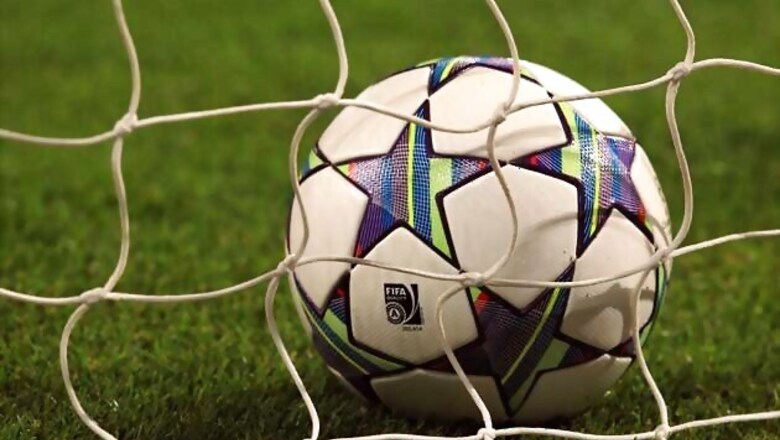
views
Sao Paulo: Soccer may finally get its turn to shine at the Olympics.
The sport traditionally doesn't attract a lot of attention at the games, where it has been seen as a glorified youth tournament. But things may be different next year in Rio.
In the land of football, all eyes will be on Brazil's attempt to win its first gold in the sport that is virtually a religion to local fans. Brazil has won all major trophies in soccer, but the Olympic gold remains the elusive prize for both the men's and women's teams despite several close calls.
Fans are excited about Brazil's chances and the optimism is already showing in ticket sales. Organizers say soccer was one of the most popular sports in the first phase of sales for the 2016 Games.
"Football is a national passion for Brazilians and the sport will have a very important role in helping engage the entire country during the Olympic Games," local organizing committee president Carlos Nuzman said. "We are 110 percent committed to organizing a competition of very high level to athletes and fans."
The Olympic matches will be held in stadiums built or renovated for last year's World Cup, when Brazil finished fourth in front of the home fans. Olympic triumph could help ease some of the disappointment still lingering from the humiliating 7-1 semi-final loss to Germany in the sport's showcase event.
Interest in Olympic soccer is especially low for the men's tournament, which is played with under-23 teams. Three spots are reserved for older players, but most clubs refuse to release their top stars for the competition. There are no age restrictions for the women's Olympic tournament.
Brazil has already shown its desire to have its best players in Rio. Coach Dunga said he expects Neymar, the nation's biggest star, to be available to help the hosts win the unprecedented title. The Barcelona striker was on the Brazilian team that won the silver in London in 2012.
"We are missing this gold," Dunga told SporTV. "It's what we all want here. Brazil has already won five world titles in football, and now we are going after this gold. It would come just at the right time."
Dunga knows first-hand about Brazil's failures at the Olympics. He played in the team that finished with the silver at the 1984 Games in Los Angeles, and was the coach in the team that ended with the bronze at the 2008 Games in Beijing.
"The pressure to win will always exist, no matter where Brazil plays," Dunga said. "At home, we will have to earn the fans' confidence so they can support us. It will be up to us to play well and make sure the fans are on our side."
Brazil's men's team played in the Olympic final three times, losing to France in Los Angeles, to the Soviet Union in Seoul and to Mexico in London. Brazil also won the bronze in Atlanta. Brazil's women, led by five-time world player off the year Marta, twice came close to winning the gold, losing finals to the United States in 2004 and in 2008.
The American women will be the favorites again in Rio, where they will try to win their fourth straight gold medal. The U.S. women have won four of the five women's tournaments, including in London.
Despite the high expectations, the Rio tournament has already been troubled.
Sao Paulo's participation as one of the six host cities was in jeopardy because of concerns with the costs involved in the competition. Local officials only confirmed the city's presence on the last day of the first phase of ticket sales last month, forcing organizers to extend the deadline in a week.
And after local organizers announced the Amazon jungle city of Manaus as one of the hosts earlier this year, FIFA quickly put the city's participation in doubt, saying it was too far from Rio. Soccer's world governing body initially said it did "not consider Manaus a suitable first option" for a host, but eventually withdrew its objection and accepted the local organizers' request to play in the city about 3,000 kilometers (1,800 miles) away from the Olympic center.
Soccer is the only competition played outside of Rio. The other cities will be Salvador, Brasilia and Belo Horizonte. Rio will host matches in two venues - the Maracana, site of the World Cup final, and the Engenhao, which will also host the athletics competitions. Sao Paulo will host matches at the Itaquerao, home of the World Cup opener.
The 16-team men's tournament and the 12-team women's tournament will be played Aug. 3-20.











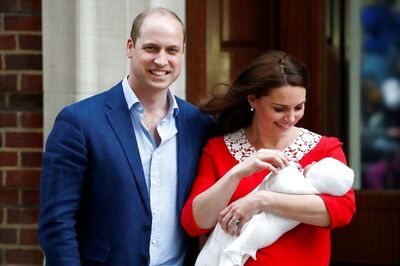

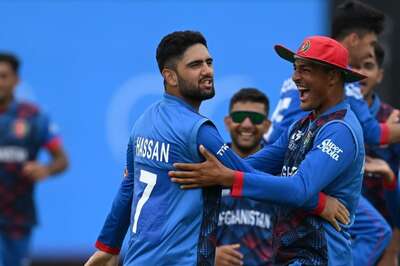
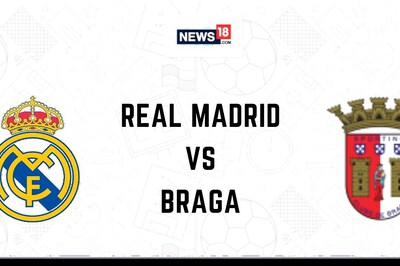


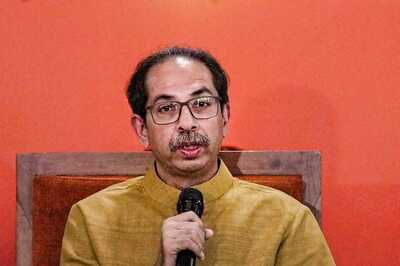

Comments
0 comment